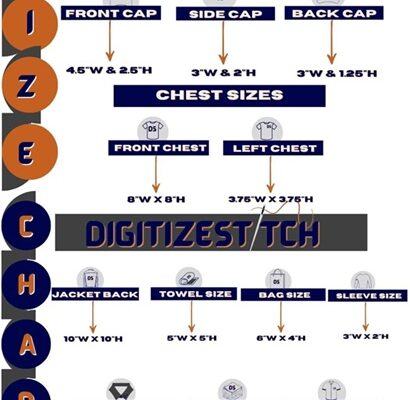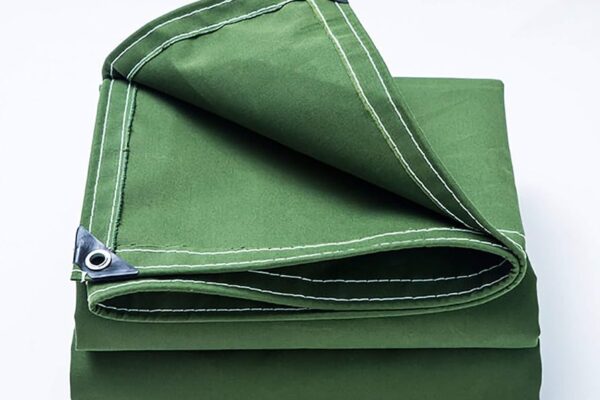Is Disinfectant the Same as Bleach? Understanding the Difference in Advanced Sterilization Products
In the world of cleanliness and hygiene, especially after the global pandemic, products promising to kill germs, viruses, and bacteria have flooded the market. However, there is still confusion regarding terms like “disinfectant” and “bleach.” Are they the same? Can they be used interchangeably?
If you’ve found yourself asking this, you’re not alone. Let’s break it down into simple terms and explore how advanced sterilization products change the way we think about cleaning and safety.
First Things First: What is a Disinfectant?
A disinfectant is a chemical substance that eliminates or significantly reduces harmful microorganisms on surfaces. Disinfectants are commonly used in homes, hospitals, schools, and offices to help prevent the spread of disease.
Many types of disinfectants are available today, including alcohol-based sprays, hydrogen peroxide solutions, quaternary ammonium compounds (quats), and yes, even bleach.
So, while bleach is a disinfectant, not all disinfectants are bleach.
What is Bleach?
Bleach is a chlorine-based disinfectant, usually made from sodium hypochlorite. It’s potent, fast-acting, and widely used to kill bacteria, viruses, fungi, and mold. But it comes with its own set of considerations:
It can be corrosive to surfaces.
It has a strong odor.
It needs to be adequately diluted to be safe.
It may discolor or damage fabrics and specific materials.
In other words, bleach is highly effective, but it’s not always the best option, especially in environments that require regular sterilization without harsh side effects.
So, is disinfectant the same as Bleach?
Not quite. Bleach is one type of disinfectant, but many others fall under the umbrella of Advanced sterilization products—each with unique formulas, uses, and safety profiles.
The Rise of Advanced Sterilization Products
In recent years, there’s been a significant shift toward non-bleach alternatives that offer equal or better effectiveness without the drawbacks. These advanced sterilization products are designed to:
Be gentler on skin and surfaces
Act faster, sometimes in as little as 30 seconds
Leave no residue or strong smell
Comply with healthcare and food-grade safety standards
This is especially important in hospitals, clinics, and commercial kitchens—places where disinfection is constant and harsh chemicals can’t always be tolerated.
When Should You Use Bleach?
Bleach still has its place. It’s excellent for:
Disinfecting bathrooms and toilets
Cleaning moldy areas
Sanitizing after exposure to bodily fluids
Killing specific tough pathogens (e.g., norovirus, C. diff)
But it’s not ideal for:
Delicate surfaces (like stainless steel or upholstery)
Environments with children or pets
Daily cleaning routines
That’s where advanced sterilization products come in as safer, more innovative alternatives.
Conclusion: Know Your Products, Choose Wisely
So, is disinfectant the same as bleach? No—it’s more accurate to say that bleach is just one type of disinfectant.
Today, with so many advanced sterilization products available, you can choose the right formula based on your specific needs—whether a quick-clean spray for a kitchen counter or a hospital-grade solution for a surgical room.
Investing in the right product isn’t just about cleanliness, but also about peace of mind.





Leave a Reply
You must be logged in to post a comment.